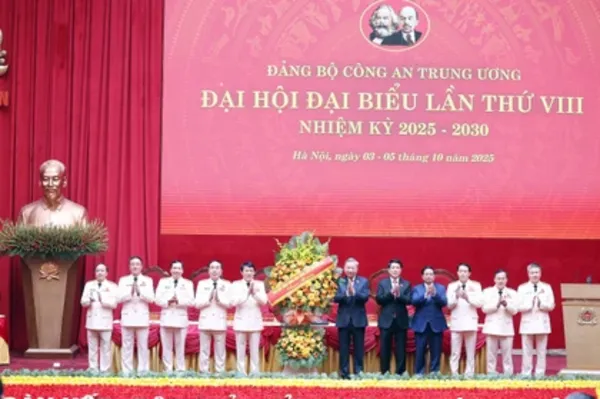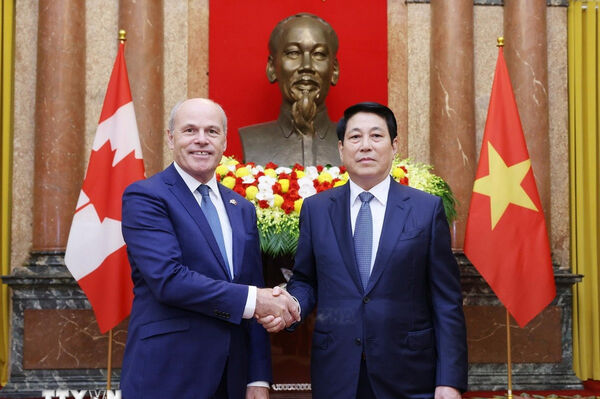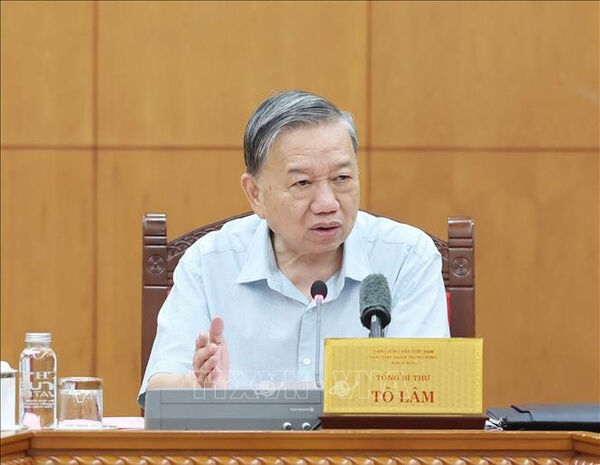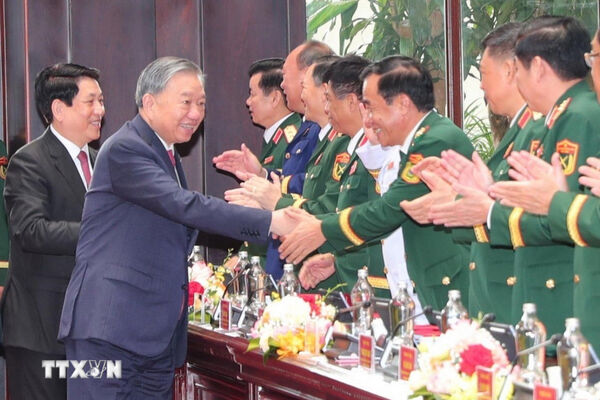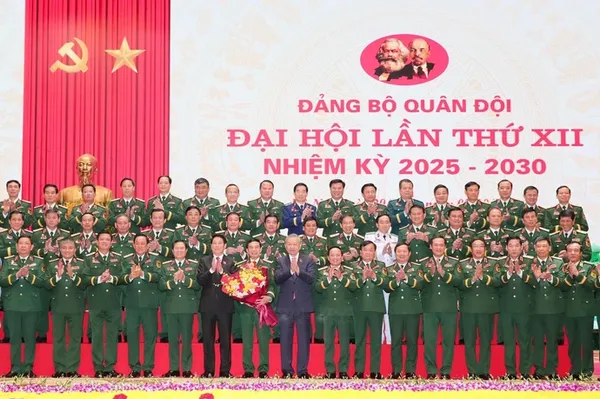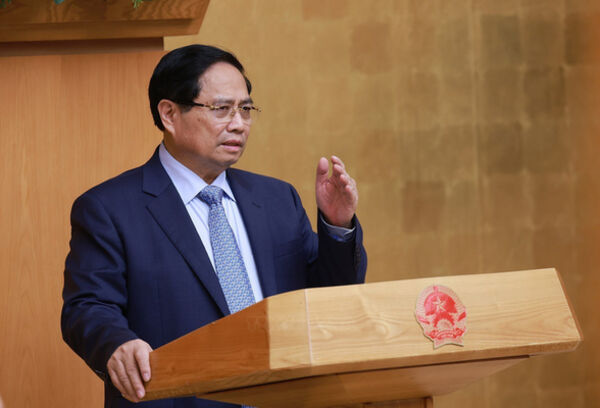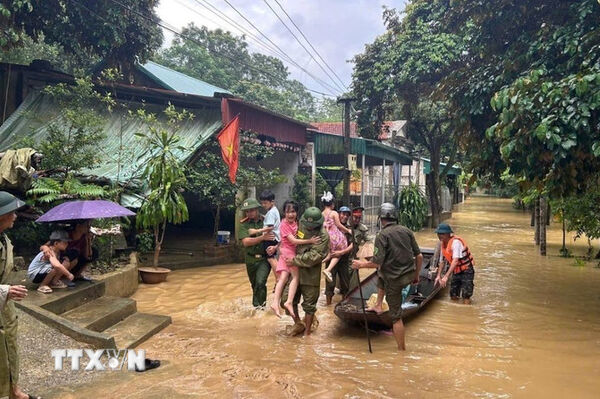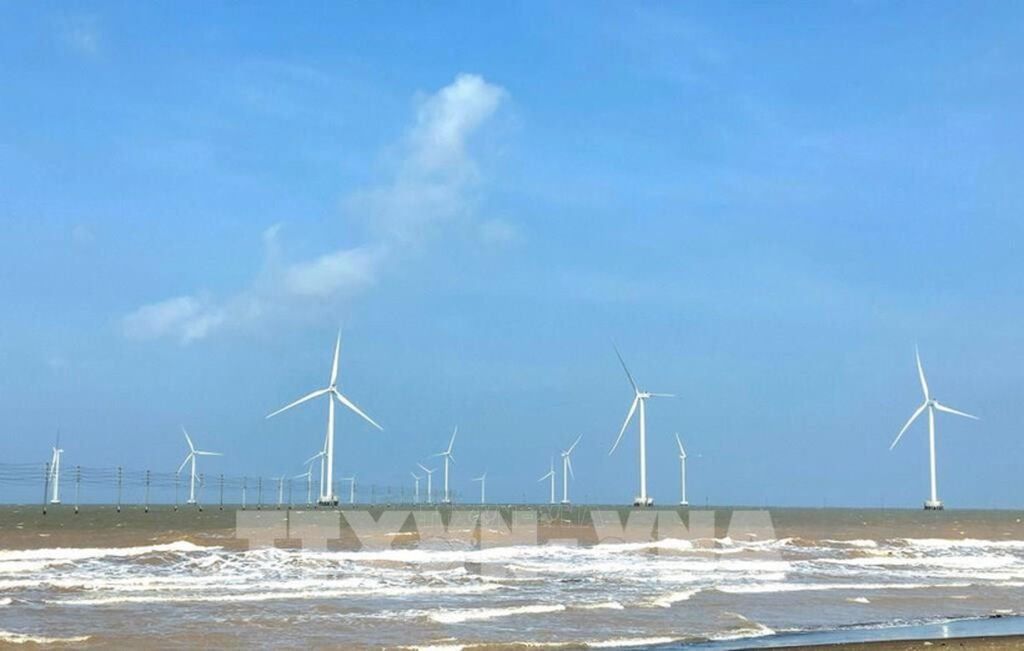 |
| Renewable energy has made significant contributions to green growth (Photo: VNA) |
Hanoi (VNA) – The National Strategy for Green Growth for the 2021–2030 period, with a vision extending to 2050 and endorsed by the Prime Minister, is among Vietnam’s efforts to maintain growth while pursuing a green economic development model aimed at conserving natural resources, the environment, and climate change.
The strategy aligns with the directives set out in the 13th National Party Congress. Complementary legislation, including revisions to the Land Law and Water Resources Law, has been introduced to reinforce environmental governance and sustainable resource management.
Vietnam has also rolled out targeted policies such as the Hydrogen Energy Development Strategy to 2030, and initiatives promoting sustainable cultivation of one million hectares of high-quality, low-emission rice. The Government is mobilising significant resources to tackle climate change in vulnerable regions, notably the Mekong Delta, with 16 major projects receiving approximately 2.5 billion USD in funding.
Financial institutions have been mobilised to support the green transition. Green credit in Vietnamese banks has grown at an annual rate of 20% since 2017, accounting for nearly 4.5% of the nation’s total outstanding loans in 2023. Between 2019 and 2023, Vietnam issued green bonds worth around 1.16 billion USD. In a landmark move, the country successfully sold 10.3 million carbon credits through the World Bank in 2023, raising 51.5 million USD.
Despite these strides, experts note significant obstacles remain. Regulatory frameworks specifically designed to promote green economy practices remain underdeveloped, often limited to high-level policy directions rather than detailed, actionable laws. There is a need to enhance public awareness and commitment to environmental stewardship.
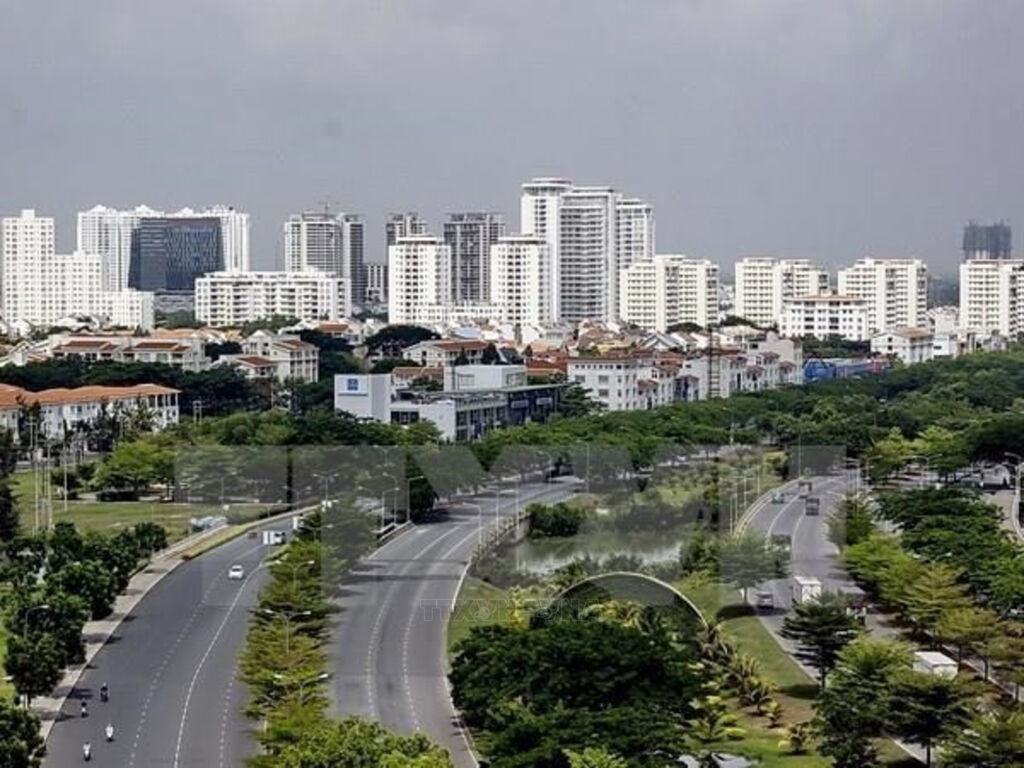 |
| The National Strategy for Green Growth for the 2021–2030 period, with a vision extending to 2050 and endorsed by the Prime Minister, is among Vietnam’s efforts to maintain growth while pursuing a green economic development model (Photo: VNA) |
Moreover, financing gaps persist, and much of Vietnam’s production technology remains outdated and energy-intensive, resulting in low productivity and inefficient waste treatment. Renewable energy sectors such as wind and solar power, while growing, have yet to reach the scale necessary to meet national demand.
Deputy Minister of Finance Nguyen Thi Bich Ngoc highlighted ongoing efforts to refine the legal and institutional frameworks supporting ESG (environmental, social and governance) criteria. She emphasised that these frameworks are critical to guiding investment decisions, resource allocation, and facilitating access to green finance both domestically and internationally.
Professor Dr Nguyen Dinh Tho, Director of the Institute of Strategy and Policy on Natural Resources and Environment, stressed the importance of green transformation across economic sectors. He advocated for embracing circular economy models to optimise resource efficiency toward conservation, underpinned by science, technology, and digital innovation, alongside sustainable infrastructure development.
At the 4th P4G Summit held in Vietnam in April 2025, Prime Minister Pham Minh Chinh outlined three key proposals for global cooperation on green growth. These include fostering green mindsets to drive innovation and digital transformation, building responsible green communities where governments provide stable frameworks and the private sector leads technology investment, and enhancing international partnerships, particularly public-private partnerships, to eliminate institutional barriers and accelerate flows of green capital and technology.
Vietnam’s early achievements underscore a robust commitment to green and sustainable development — not only for national benefit but also as a meaningful contribution to global environmental goals./.
